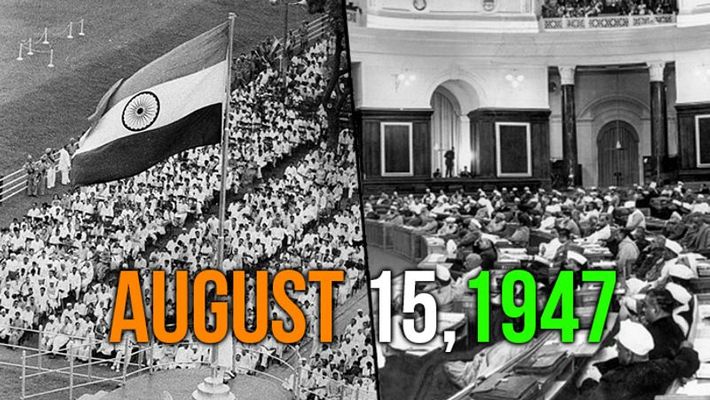Indian Freedom Struggle
The Indian National Movement was organized as a mass movement. Given below is the list of Indian National Movements initiated to rule out British from India.
Years Indian Freedom Struggle
1925 Establishment of Rashtriya Swayamsevak Sangh (RSS)
1927 Simon Commission – a commission set up by British government for further formulation of constitutional reforms in India under Sir John Simon
1928 Bhagat Singh killed a senior British police officer in Lahore
1929 Declaration of Poorna Swaraj in (Lahore session)
1930 Civil Disobedience Movement – Outset of Salt Satyagrah/Dandi March – Gandhi’s salt march to the sea at Dandi to oppose British taxes of salt.
1930 The First Round Table Conference – Held in Jame Palace in London
1931 Second Round Table Conference – London Gandhiji participated in only this round table conference. Gandhi-Irwin Pact was signed on 15 March, 1931
1932 Poona Pact signed between Ambedkar and Mahatama Gandhi (Madan Mohan Malviya signed it on Gandhi’s behalf). BR Ambedkar participated in all round table conference demanding a separate electorate for Dalits.
1935 Government of India Act - Separation of Burma from India.

1939 All congress ministries resigned
1942 Quit India Movement – third major movement against British rule launched by Gandhi
1942 Cripps Mission was sent to India by British Government. The mission was headed by Sir Stafford Cripps
1943 The great Bengal Famine hit the Bengal province of pre-partition India causing the death of millions of people due to starvation, malnutrition and disease
1946 Making of the constitutional assembly took place.
With the Indian Independent Act, India gained its freedom from British rule under Mountbatten Plan in the dominions of India and Pakistan be demarcated by midnight of August 14–15, 1947.
thank you so much ur post made me think about the history.
ReplyDeleteAmazing facts 👍👍
ReplyDeleteVery Informative post!
ReplyDeleteGood work 🔥
ReplyDeleteInformation is valid
ReplyDeleteVery informative..👌
ReplyDeleteGood work
ReplyDelete